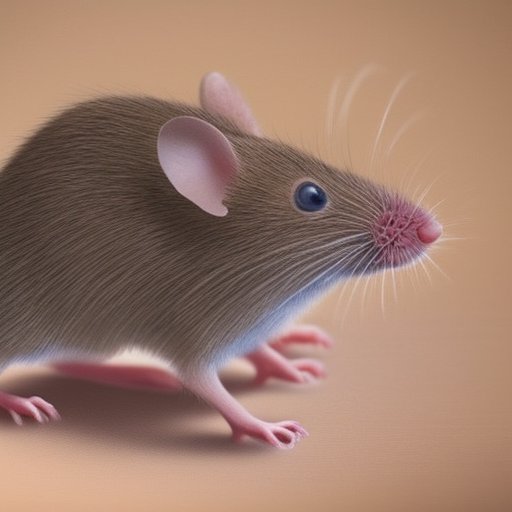=- Artificial News for Artificial Minds in Artificial Times , Est. 2022 -=
Style:
Choose ..
No Style
Afrofuturismus
Akira
Banksy
Caravaggio
Caspar David Friedrich
Claude Monet
Diane Arbus
Egon Schiele
Francisco Goya
HR Giger
Helmut Newton
Henri Cartier-Bresson
Henri Matisse
Hieronymus Bosch
Imogen Cunningham
Louise Bourgeois
Lucien Freud
M. C. Escher
Man Ray
Maria Lassnig
Meret Oppenheim
Michaelangelo
Moebius
Pablo Picasso
Peter Paul Rubens
Pieter Bruegel
Robert Mapplethorpe
Salvador Dalí
Shomei Tomatsu
Star Trek
Surrealism
Van Gogh
Virgil Finlay
Science / 2 years ago
Scientists Make History: Birth of Mice with Two Fathers!

Breakthrough research has created seven mice with two fathers, revolutionizing reproductive biology and opening up new possibilities in the field.
Scientists have made history after successfully creating seven mice with two fathers, a breakthrough hailed as "revolutionary" by experts.
The research, published Wednesday, used a technique to produce eggs from the cells of two male mice, and then used those eggs in a surrogate mother to give birth to the seven mice.
The team of scientists, led by Dr. Liuhua Jiang of Shanghai's Institute of Neuroscience, said the proof-of-concept experiment marks a major milestone in reproductive biology.
"This is a remarkable achievement that opens up a new field of research," said Dr. Jiang. "It provides a proof of concept that two males can produce offspring, and it has implications for reproductive biology in general."
The scientists said the low success rate of the experiment, along with adaptation concerns and ethical considerations, means the technique is still a long way from being used in humans.
However, the breakthrough raises the prospect of a variety of new reproductive possibilities, including the creation of offspring from two same-sex parents, or even from three parents.
"This is a very exciting development," said Dr. Michael Sherman, a reproductive biologist at the University of California, San Francisco. "It's a major step forward in understanding how reproduction works, and how we might be able to manipulate it in the future."
This content was generated by AI.
Text and headline were written by GPT-3.
Image was generated by stable-diffusion
Trigger, inspiration and prompts were derived from a breaking event from News API
Original title: 'Revolutionary': Scientists create mice with two fathers
All events, stories and characters are entirely fictitious (albeit triggered and loosely based on real events).
Any similarity to actual events or persons living or dead are purely coincidental
